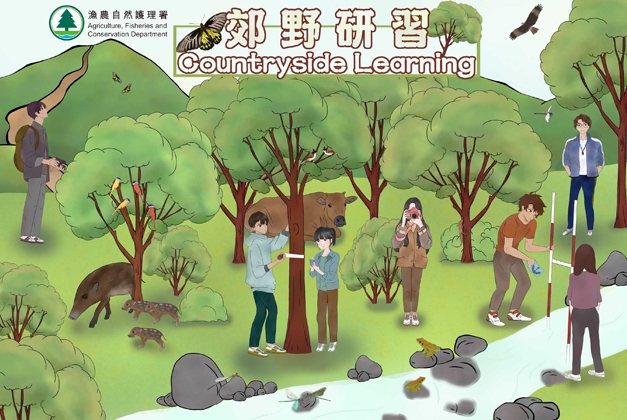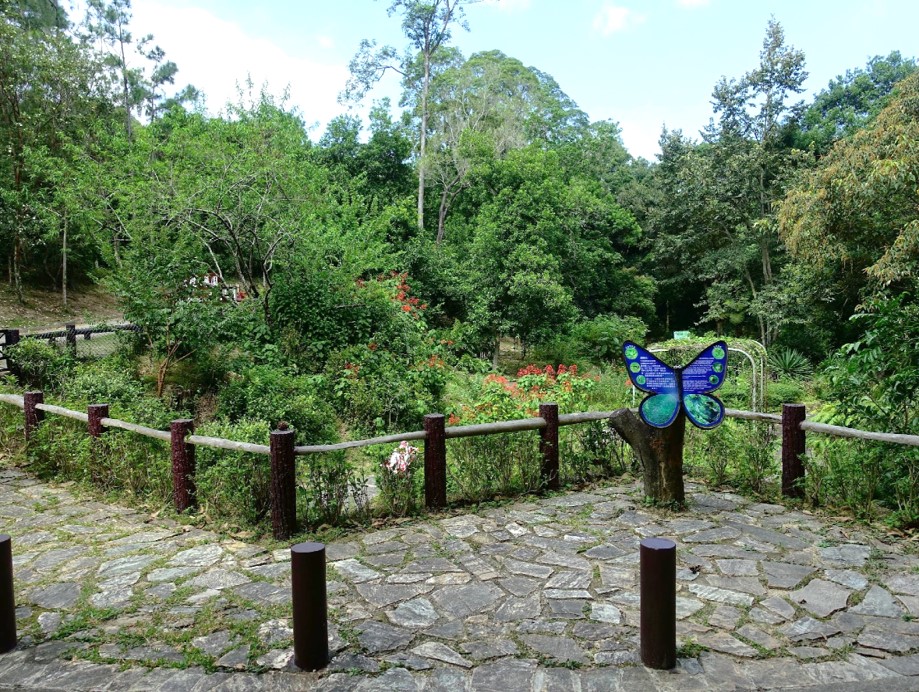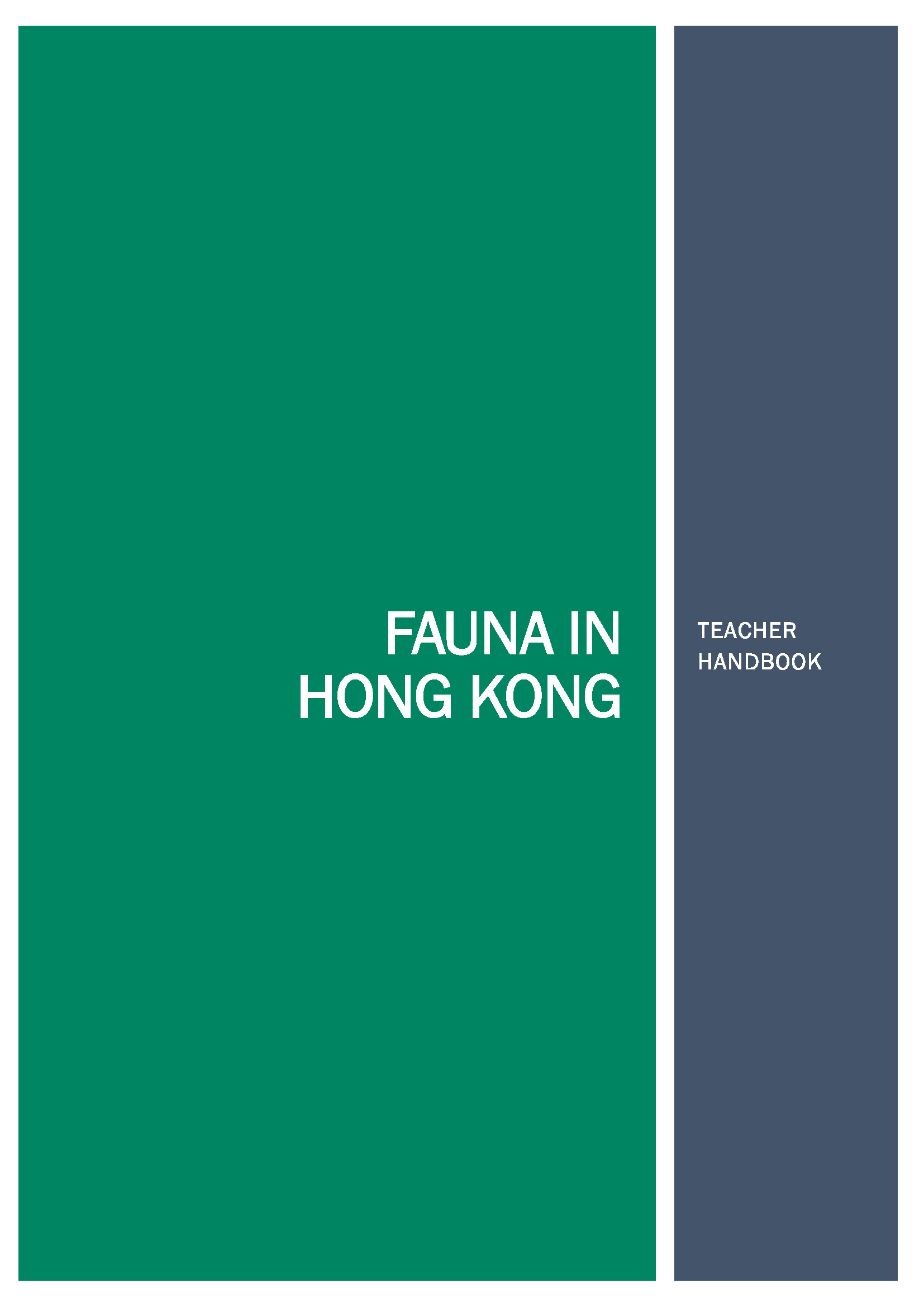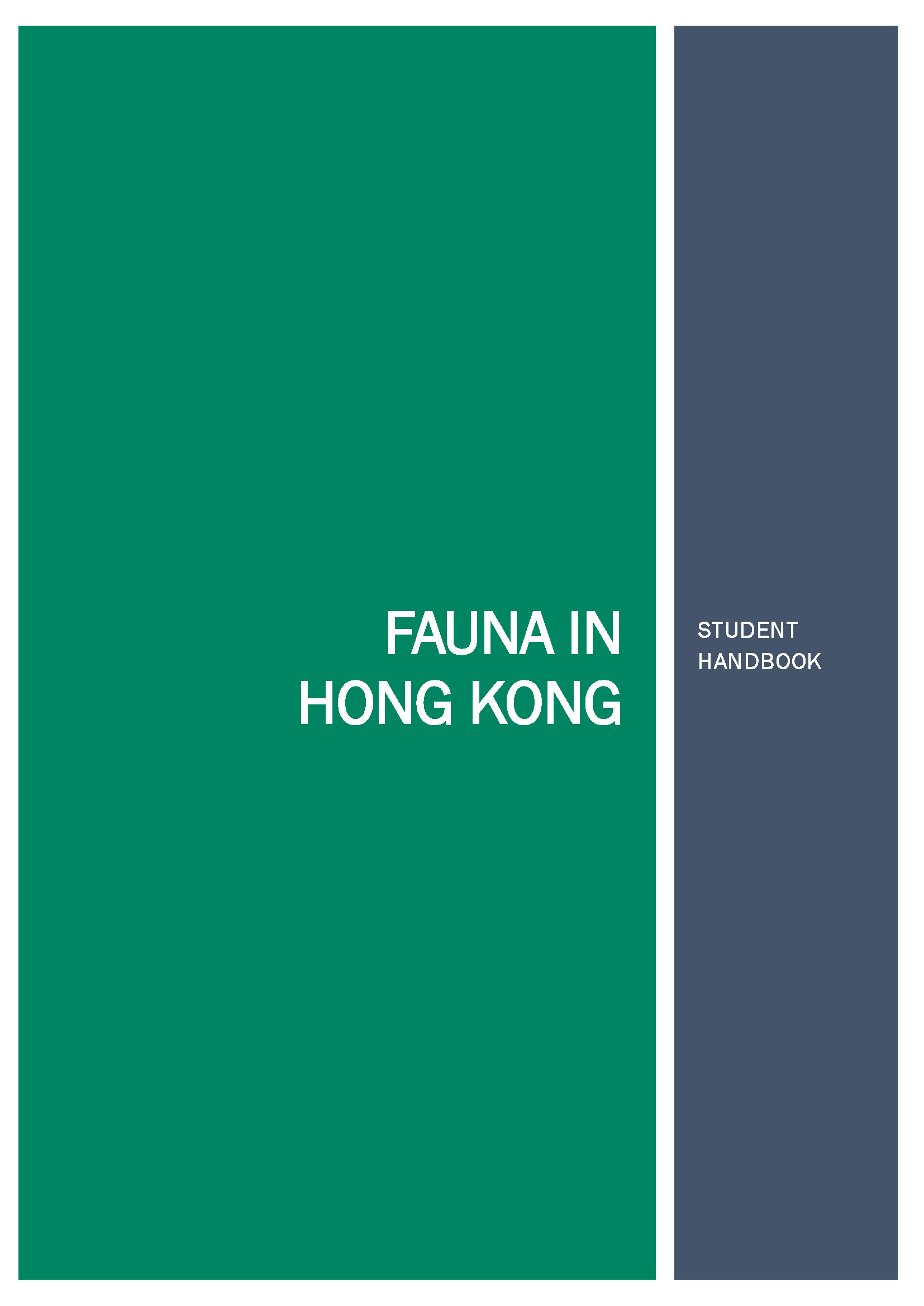Fauna in Hong Kong
|
Class: |
Junior Secondary (S1 – S3) |
|
|
Subject: |
Science |
|
|
Location: |
Tai Lam Country Park Ecological Garden |
|
|
Maximum number of Participants: |
40 |
|
| Note: When conducting the field trip, teacher must follow Guidelines on Outdoor Activities or the relevant guidelines/notices on field trips by the Education Bureau. | ||
|
Class: |
Junior Secondary (S1 – S3) |
|
Subject: |
Science |
|
Location: |
Tai Lam Country Park Ecological Garden |
|
Maximum number of Participants: |
40 |
| Note: When conducting the field trip, teacher must follow Guidelines on Outdoor Activities or the relevant guidelines/notices on field trips by the Education Bureau. | |
|
|
|
Learning objectives:
This programme aims to arouse students’ motivation and interest in learning through three areas, which are knowledge, skills, and attitudes. For knowledge, students will learn the living and non-living elements in the environment and the interdependent relationship between living and non-living things. During the field study, students can observe the characteristics and behaviours of different animals in the outdoor environment, to enhance their observation skills and ability to distinguish species. The field trip also helps students to cultivate a positive attitude towards nature and apply scientific knowledge and skills to explore nature. Meanwhile, generic skills like critical thinking and problem-solving skills will also be demonstrated through scientific inquiry, hoping that students will be able to transfer the skills to other learning and life contexts. Ultimately, students are expected to cultivate attitudes that will enable them to protect and conserve the natural environment.
Relevance to curriculum:
In accordance with Science Education Key Learning Area Curriculum Guide: Science (S1-3)
Related Chapter: Unit 3: Looking at Living Things
Type of field activity:
|
Scientific Investigation: Butterfly and Plants Observation and Dragonfly and Damselfly Survey
During the field trip, students are expected to get familiar with the habitats and living things at the field site. By understanding different nectar plants and freshwater ecosystems and observing the characteristics and behaviours of butterflies, dragonflies, and damselflies, students can consolidate the relevant knowledge of animal classification, reflect the interdependent relationship between living things and non-living things, and even identify different species in an outdoor environment. This field trip activity encourages students to explore and reflect on nature using scientific inquiry skills. It is hoped that students can appreciate the ecology in country parks and cultivate an awareness of resource protection. |
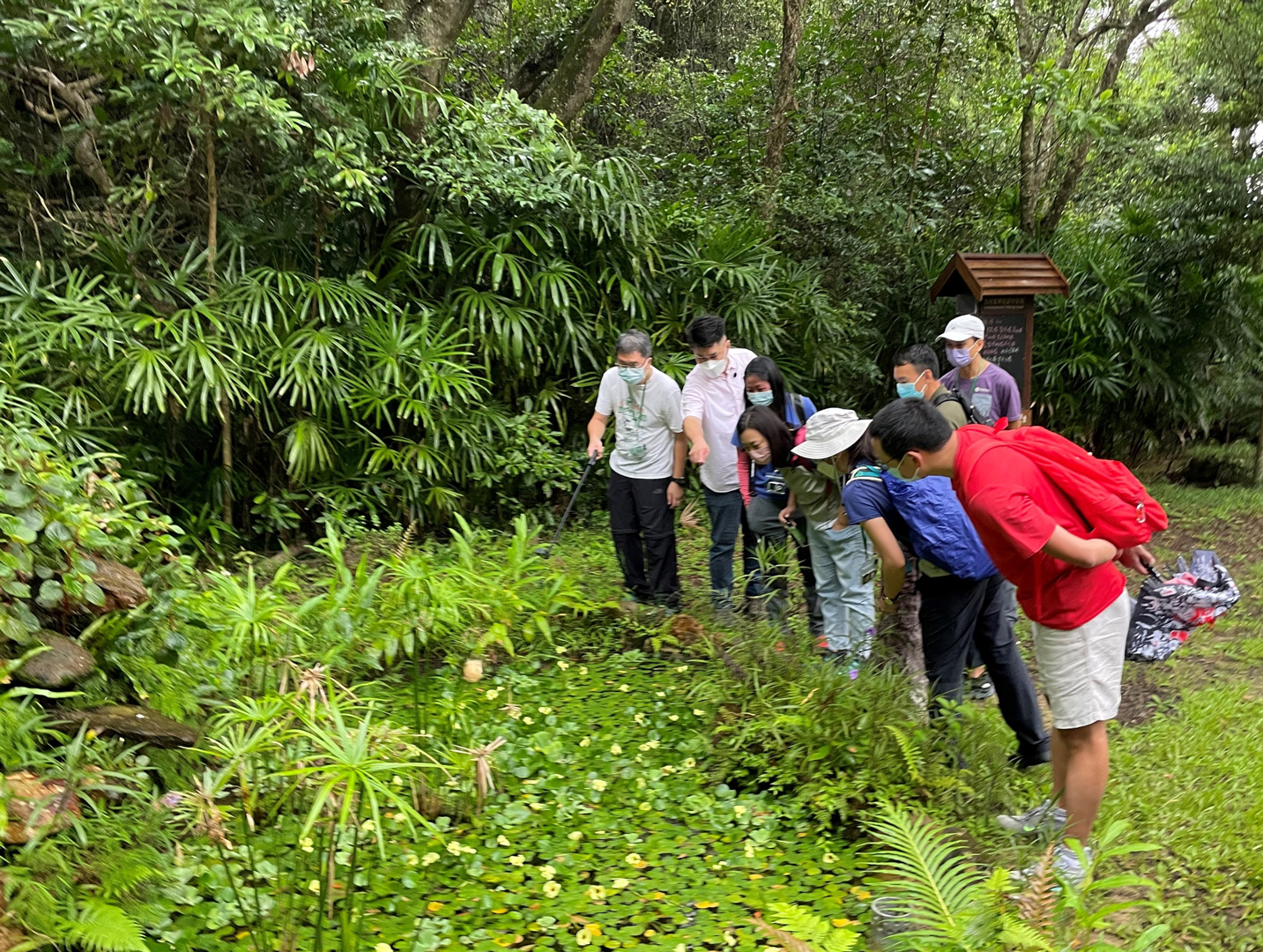
|
|
|
Scientific Investigation: Butterfly and Plants Observation and Dragonfly and Damselfly Survey
During the field trip, students are expected to get familiar with the habitats and living things at the field site. By understanding different nectar plants and freshwater ecosystems and observing the characteristics and behaviours of butterflies, dragonflies, and damselflies, students can consolidate the relevant knowledge of animal classification, reflect the interdependent relationship between living things and non-living things, and even identify different species in an outdoor environment. This field trip activity encourages students to explore and reflect on nature using scientific inquiry skills. It is hoped that students can appreciate the ecology in country parks and cultivate an awareness of resource protection. |
|
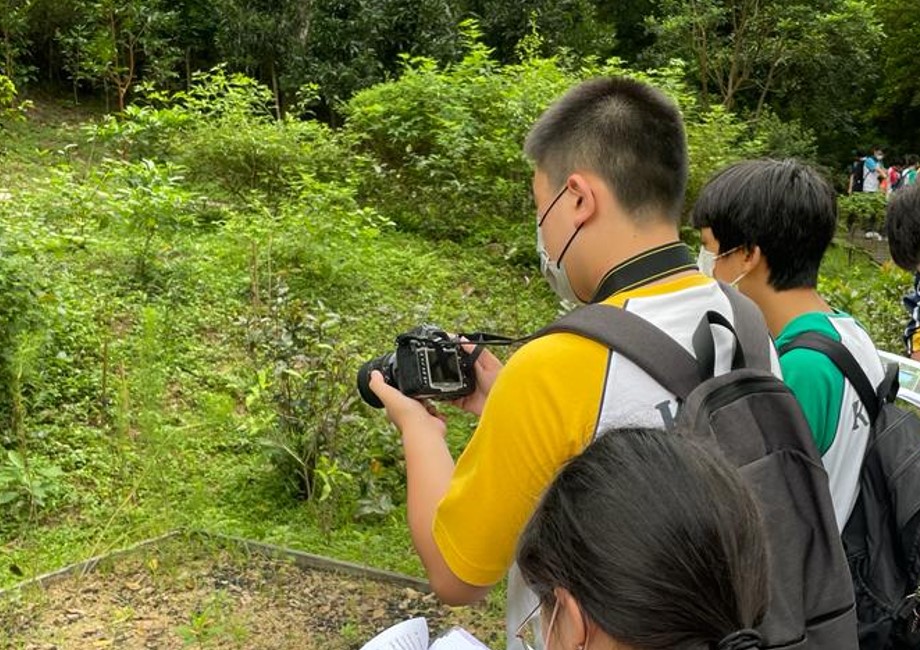 |
|
|
|
|
Event calendar:
|
Mondays – Fridays* (except Saturdays, Sundays & public holidays) AM (9 a.m. to 12 noon.) or PM (2 p.m. - 5 p.m.) Applications should be submitted no earlier than 6 months but at least 2 weeks before the date of the activity. |
How to Enroll:
Please fill in the Application Form (Limited quota will be allocated on a first-come- first-served basis)
Language:
Chinese/ English
Download:
| Field Book (Teacher) | Field Book (Student) | Species Guide |
| Field Book (Student) |
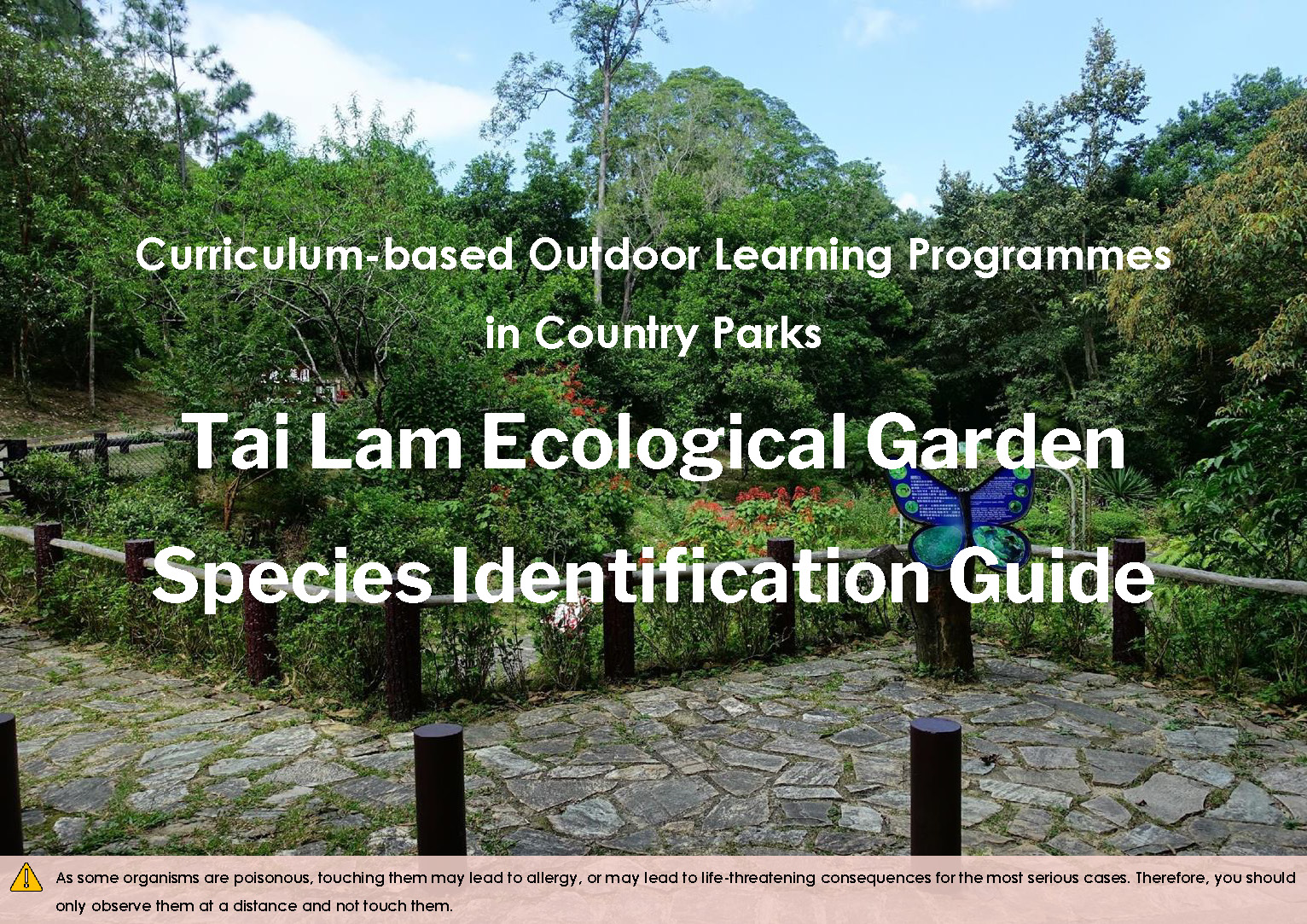 |
| Species Guide |
Enquiry:
Please contact Tai Mo Shan Country Park Visitor Centre on Monday, Wednesday to Sunday and Public Holidays 9:30 a.m. - 4:30 p.m (except the first two days of the Chinese New Year) at 2498 9326 or email to tmscpvc@afcd.gov.hk.


